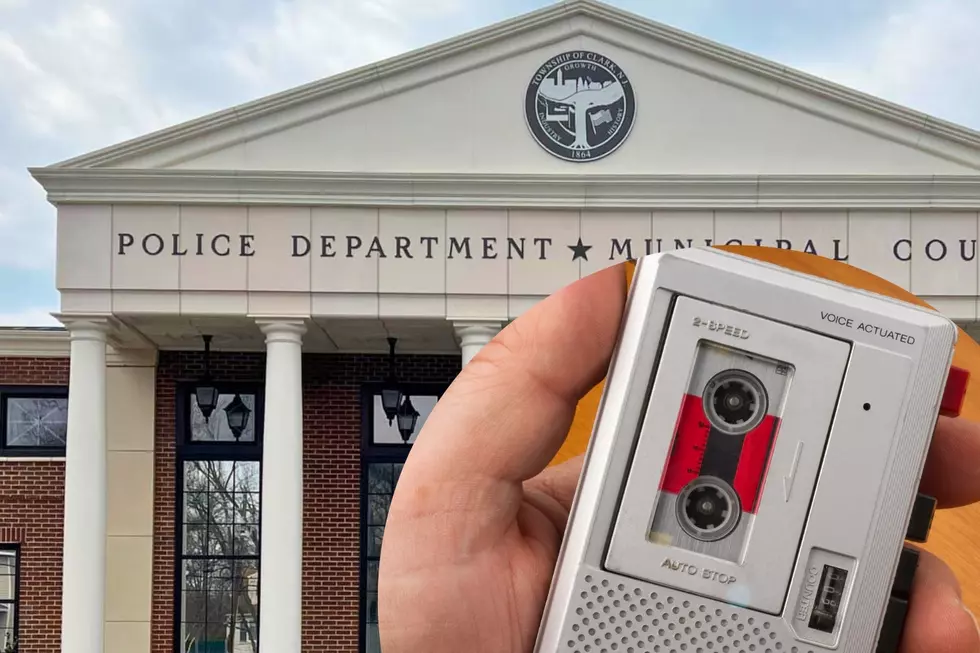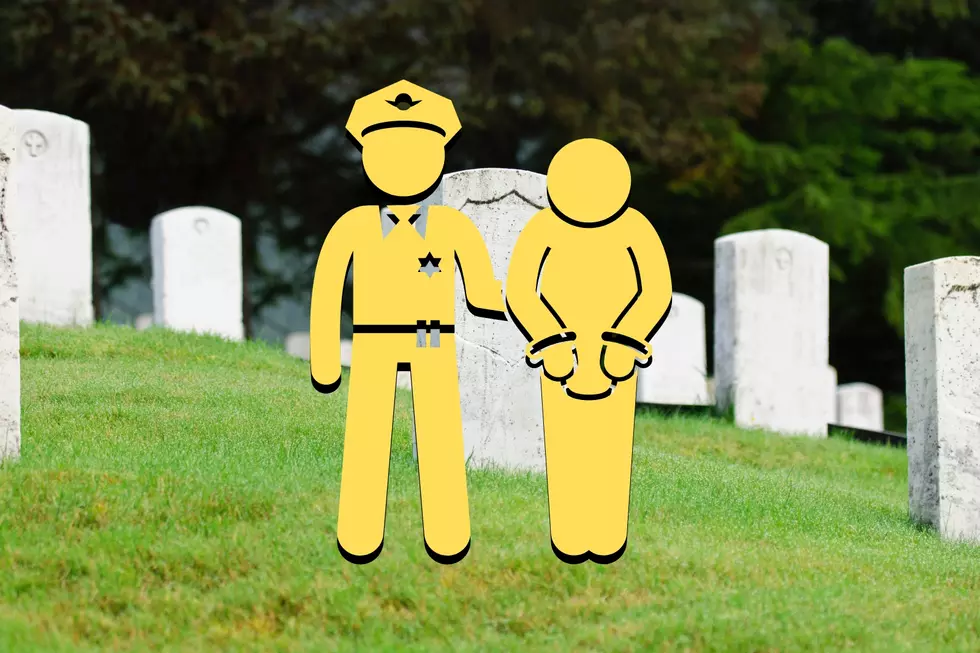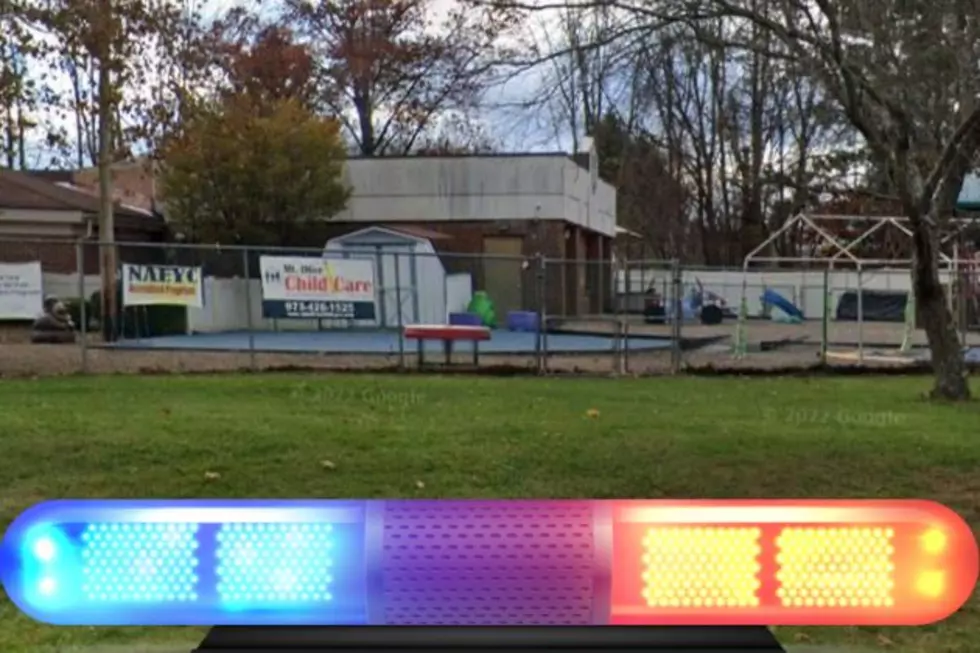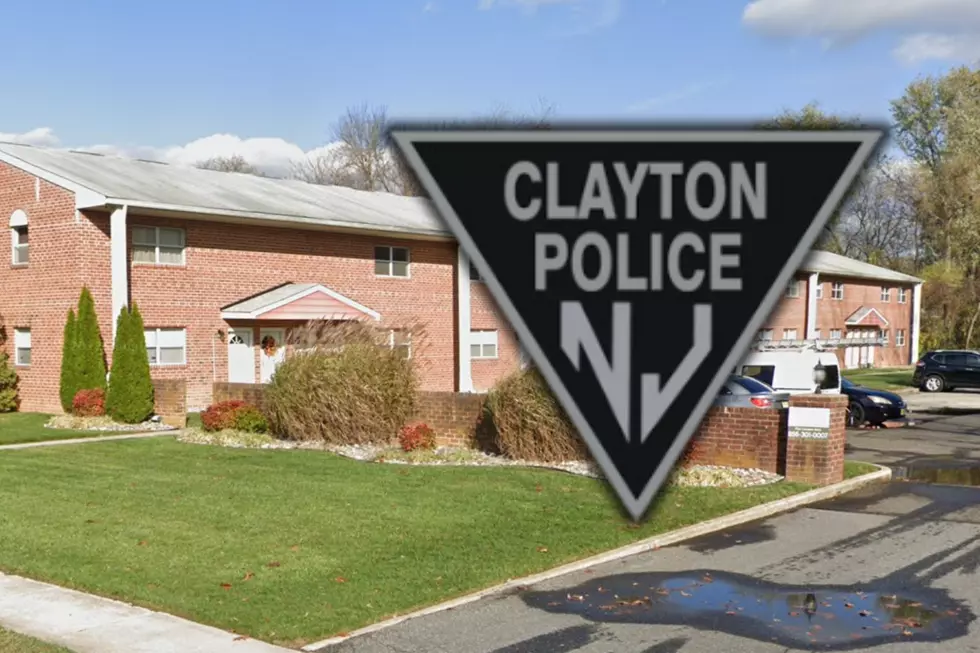
A Worsening Problem Facing Public Schools in New Jersey
The state of the New Jersey teacher shortage remains grim.
A shortage has been building for years, but the number of individuals enrolled in teacher preparation programs and in New Jersey colleges and universities, has been declining in the last 10 years or so, said Sean Spiller, president of the New Jersey Education Association.
But the teacher shortage is also across all subject areas in all grade levels, he said. It doesn’t stop there either. There is a shortage at all levels of education in the state. Besides teachers, there are not enough bus drivers, school guidance counselors, nurses, and custodians, to name a few, Spiller added.
What is creating the teacher shortage in New Jersey?
For 10 years or so, there has been a direct attack on people’s health benefits where educators are paying a ton more, and not receiving the benefits that people used to sign up for, and made up for the loss in salary they could have gotten somewhere else, Spiller said.
Even with inflation and with other job sectors fighting for and getting increased earnings, educators have not kept pace with that so it’s even less so in terms of earning dollars than it was just a short time ago, he added.
Paperwork is another reason contributing to the teacher shortage.
Educators are inundated with paperwork, Spiller said. It used to be that they got up in front of their class and did their thing.
Now they have to document this, write down that, and come up with indicators. From a teacher’s perspective, the paperwork is frustrating and does not help them do their job any better, Spiller said.
There is also a grant program in the state budget that says if districts come up with a creative idea to help eliminate paperwork, the Murphy Administration will help support it.
Spiller thinks that should be expanded because one of the low no-dollar amounts that the NJEA hears from educators all the time is to get them out from under all the paperwork so they can do their jobs.
“When you combine the frustration that the educators are feeling with the paperwork and the inundation with these other things that are not helpful for teaching, plus your loss in compensation both in direct salary and also the benefits, it’s just a bad combination,” Spiller explained.
What subjects and grade levels are the hardest positions to fill?
Traditionally, it’s the sciences and math classes at the high school level that are more difficult to fill, Spiller said. They have always been in high demand and hard-to-fill positions.
There were always tons of resumes at other grade levels and subject areas, but there’s less and less now, he added.
In talking with superintendents around the state, Spiller said the lack is everywhere and in every subject.
Some school districts have stopped offering certain subjects, such as AP courses because no one can teach them, which has been frustrating for both students and parents, he said.
“A lot of it is also impact and the quality of education when you just can’t offer courses or you’ve got students sitting in front of a sub or sitting in a cafeteria or something because you can’t find a teacher. So, it used to be those areas I noted, but now it’s expanded to all areas,” Spiller said.
What is/can be done to attract teachers to NJ schools?
There are things in the Murphy administration’s budget regarding recruitment including waiving some of the fees, which is big in terms of cost barriers.
There was the elimination of the Ed. DPA which is an onerous task and dollars that were not needed, he said.
They are giving a small amount of dollars for student teaching, which is a start.
But, again these are recruitment efforts, and Spiller said the biggest problem the NJEA is seeing is the biggest drop in educators before retirement age.
“So, if we don’t get the retention piece figured out, all the recruitment in the world is not going to help,” he said.
Now, while the recruitment efforts are being applauded and should continue, Spiller said it is crucial to get teachers to stay.
That means things like a pension that’s good enough to stay for, a paycheck that’s able to support a family, and the possibility of working from home.
There’s a lot of pieces around retention that have to be figured out first, and a lot more definitely has to be done, he said.
Spiller said he had the privilege of working on the Governor’s Task Force which specifically addressed the retention issue.
What was heard around the table in uniformity from superintendents and board of education members alike, was the need to roll back some of the things that have made it onerous, address the benefits and pay, and focus on the paperwork.
Some New Jersey school districts offered creative solutions.
One Friday a month they’re going to have no students and, instead, allow staff to collaborate which is being lost under all the paperwork. They’ll allow the teachers time to get the paperwork done.
“I thought that was pretty creative. You don’t really need a new initiative or approval from the state to get that kind of work done,” Spiller said.
What is the argument?
“We need to do everything right now from eliminating residency requirements to getting rid of more of the paperwork to changing a lot of the structural problems that exist,” Spiller said.
The state has doubled the time of student teaching. Let’s roll that back. The state has made it twice as long to go alternate route. Let’s roll that back, too. Some of these have no cost. Some have cost.
“But until we do it all, I think we’re really going to still remain in this crisis,” Spiller said.
He added that the NJEA will continue to have conversations and ask questions like, “How can we catch educators back up about inflation and peers in terms in terms of compensation?” and “What’s the cost around pensions and other things so we can start to make them a little better than the erosion we’ve seen now where the educators are paying their own pension?”
There must be some balance or reset to help both retain and recruit teachers in New Jersey.
How much your school district gets under Murphy's proposed 2024 budget
More From WPG Talk Radio 95.5 FM










